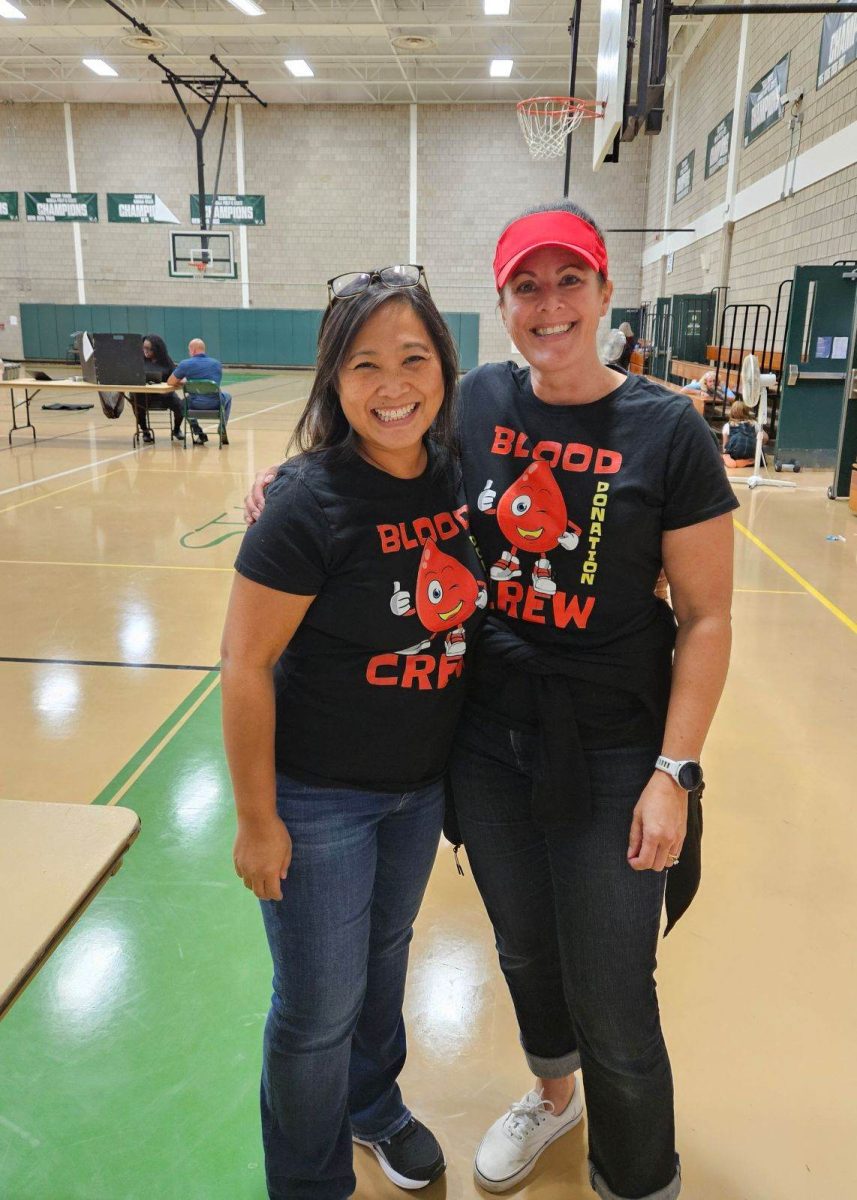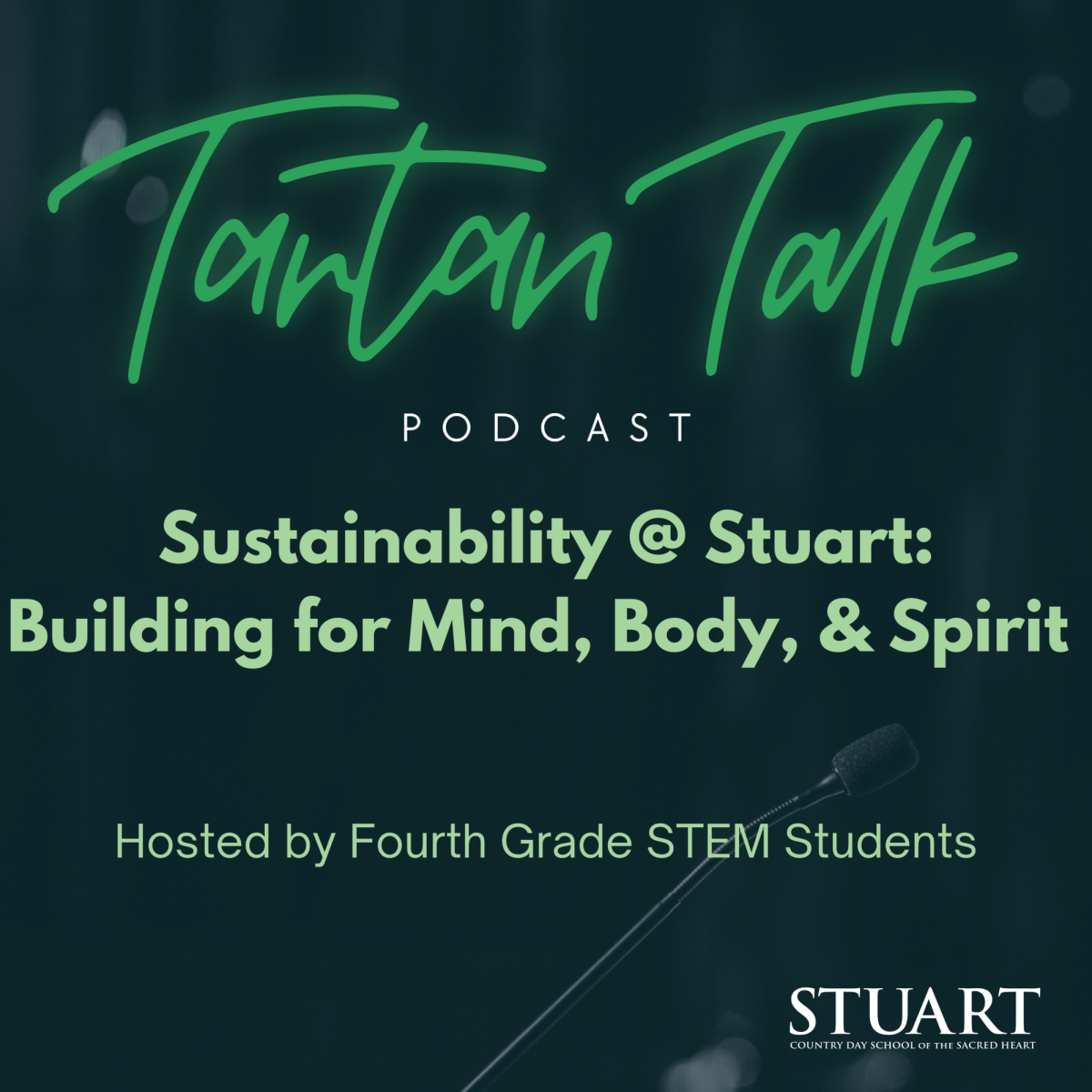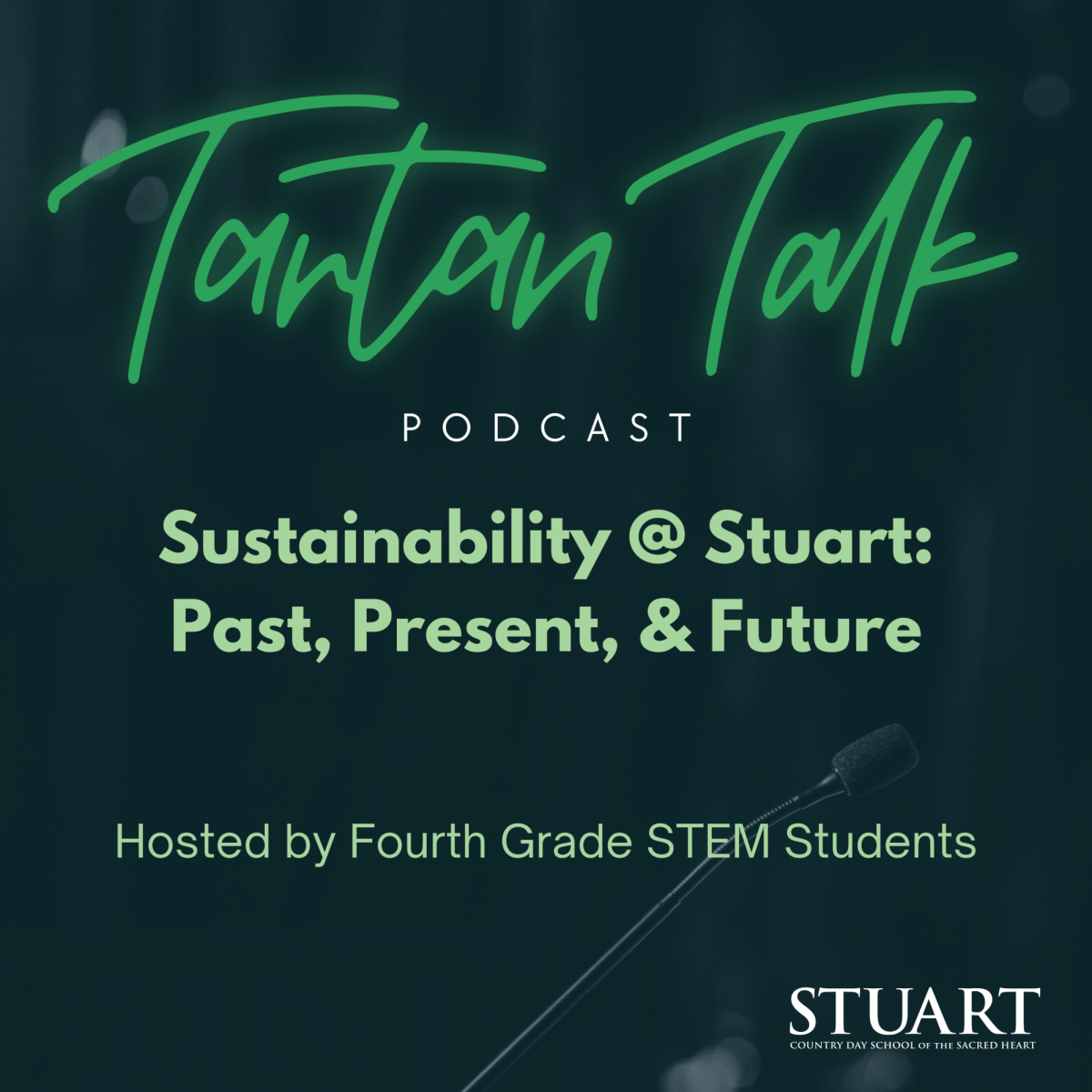As the school year winds down, stress levels ramp up. The final stretch—the weeks filled with exams, projects, and last-minute assignments—can feel overwhelming. Many students start the year feeling motivated, but by spring, exhaustion sets in. The late-night cram sessions, the caffeine-fueled mornings, and the constant pressure to keep up can take a serious toll. Burnout, the feeling of complete mental, emotional, and physical exhaustion, is something almost everyone faces at some point. However, getting through these last few months doesn’t have to come at the expense of well-being.
For many, this time of year feels like a constant push forward, with little room to breathe. I’ve been in that place—feeling like I just have to power through, even if I’m running on fumes. But I’ve learned that there’s a difference between pushing through in a healthy way and running myself into the ground. The key isn’t just about working harder—it’s about working smarter, taking care of yourself, and finding balance in the chaos.
Managing Time Without Letting It Manage You
One of the most effective ways to manage stress is through time management. When assignments start piling up, breaking tasks into smaller steps makes them feel more manageable. Instead of staring at a long list of things to do and feeling paralyzed, prioritizing what truly needs to get done first and working in focused increments can make a huge difference. Techniques like the Pomodoro method—working in 25-minute blocks with short breaks—help maintain productivity without leading to burnout.
It’s also important to recognize personal limits. Sometimes, no matter how much I plan, there are still days when I feel completely overwhelmed. In those moments, instead of shutting down or procrastinating, I try to focus on doing one small thing to build momentum. Progress, even in tiny steps, is still progress.
Sleep is Not a Luxury—It’s a Necessity
One of the biggest mistakes students make is sacrificing sleep to keep up with schoolwork. I used to believe that staying up late to study was necessary, but I’ve realized that sleep deprivation only makes everything harder. It’s difficult to retain information, focus during the day, and manage stress when running on empty. Studies show that getting at least six to eight hours of sleep improves concentration and memory, making studying more effective.
If exhaustion sets in, a short 20-minute nap can be a helpful way to recharge without disrupting nighttime sleep. But relying on caffeine to replace sleep? That’s a short-term fix that can lead to an even worse crash later. I’ve learned the hard way that pulling all-nighters usually does more harm than good. Sleep isn’t something to sacrifice—it’s something to prioritize.
Fueling the Mind and Body
Nutrition plays a major role in energy levels and overall well-being. During stressful times, it’s easy to rely on junk food, sugary snacks, or excessive caffeine, but these can lead to crashes that make it even harder to focus. I’ve definitely fallen into the habit of reaching for an energy drink when I’m exhausted, only to feel worse later. Choosing balanced meals, staying hydrated, and incorporating brain-boosting foods like nuts, fruits, and proteins can help maintain steady energy throughout the day.
There’s also a mental component to eating well. When stress levels are high, it’s tempting to skip meals or eat mindlessly. I’ve realized that taking even a few minutes to sit down and actually enjoy a meal (instead of eating in front of my laptop while doing work) makes a big difference in how I feel.
Movement is Medicine
Sitting at a desk for hours on end can lead to brain fog and fatigue, so taking quick movement breaks—whether it’s a short walk, stretching, or even just standing up—can help re-energize the mind. Exercise is one of the most effective ways to reduce stress, and even on the busiest days, finding time for small bursts of physical activity can make a difference in focus and mood.
I used to think that if I didn’t have time for a full workout, it wasn’t worth it. But I’ve found that even a five-minute stretch or a quick walk outside can shift my mindset and help me reset. Movement doesn’t have to be intense to be effective—it just has to be consistent.
Taking Breaks Without Feeling Guilty
Many students feel guilty stepping away from their work, but breaks are necessary for productivity. When I’m stressed, I sometimes fall into the trap of thinking I should just “keep going” until everything is finished. But I’ve realized that taking intentional breaks actually helps me get more done in the long run.
When stress becomes overwhelming, even a short break—watching an episode of a favorite show, listening to music, or talking to a friend—can help reset the mind and improve focus. A break isn’t wasted time if it helps you return to your work with a clearer mind.
Checking In—With Yourself and Others
This time of year can also be isolating, as everyone is caught up in their own workload. Checking in on friends and classmates can be a great reminder that no one is going through this alone. A simple “How are you holding up?” can go a long way.
Likewise, if stress becomes too much, reaching out to a teacher, counselor, or trusted friend for support is always a good option. I’ve learned that bottling everything up only makes things worse. It’s okay to need support. It’s okay to admit when things feel like too much.
Keeping Perspective
When everything feels overwhelming, it helps to step back and look at the bigger picture. I know how easy it is to get caught up in academic pressure, but taking a moment to remember that grades and deadlines don’t define personal worth can relieve some of the stress.
The hard work being put in now will pay off, but finishing the year strong should also include taking care of mental and physical health. There’s a balance between pushing yourself and knowing when to give yourself grace. Keeping perspective can help make this last stretch of the year feel less suffocating. Yes, grades are important, and yes, finishing the year strong is a goal worth striving for—but it’s also essential to remember that your worth isn’t defined by test scores or GPA. Take a breath, do your best, and remember that summer is right around the corner. The hard work you’re putting in now will pay off, but taking care of yourself along the way is just as important as crossing the finish line.


























